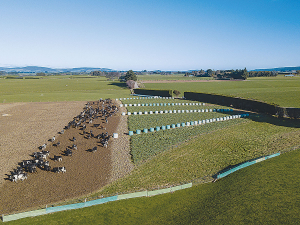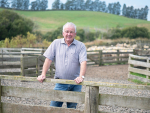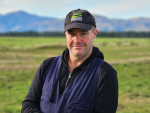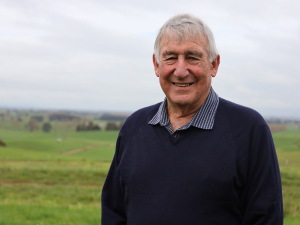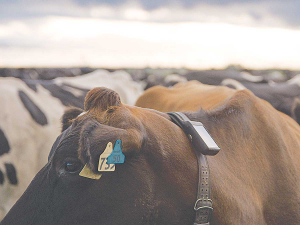An annual update of river water quality on the LAWA (Land, Air, Water Aotearoa) website reveals that Southland has had little change in its water quality over the past decade.
Of 61 sites monitored for E. coli, 10 fall into the A and B band, suggesting they would be suitable for swimming based on the long-term monitoring grade.
Macroinvertebrate monitoring shows the lowest scores come in pasture covered land, with 18 out of 57 sites in the D band and none in the A band.
For ammonia toxicity and nitrogen, none of the Southland sites fall into the D band, and around half are in the A band for both indicators.
Environment Southland chief executive Rob Phillips says that analysis of the data provides an assessment of the state of rivers and a national picture.
“We can look at the Southland numbers, but can’t use this analysis for a finer scale like a specific catchment or industry,” he told Dairy News.
He adds that the most impacted rivers are those linked to developed farmland and urban areas.
“While we can’t attribute these results to an industry, we know that high levels of containments including nitrogen, phosphorus, sediment and E. coli are continuing to have an impact.
“Southlanders have done and are continuing to do some great work to improve the environment, but there is still more to do.”
He says that Environment Southland is working step-by-step through a planned programme to stem the worsening of water quality in the region’s lakes, rivers, streams, groundwater, estuaries and coastal waters, and restore them to a resilient state.
“As part of this programme, we are supporting improved practice across our river catchments and have established an Integrated Catchment Management area within council that is focused on water quality and working with the community.”
He says the council is drawing together the latest environmental science, regional economic analysis, Ngāi Tahu mātauranga (knowledge) and input from locals to work out how to achieve these goals, and to meet increasing responsibilities set out in legislation and regulations.
“Southland needs to make significant change within a generation and we have a plan to focus first, on what we can achieve in the next ten years.”

